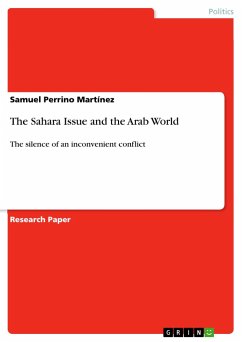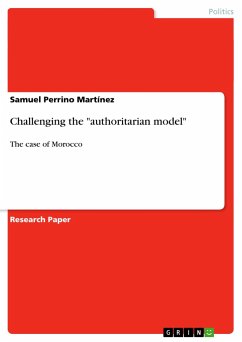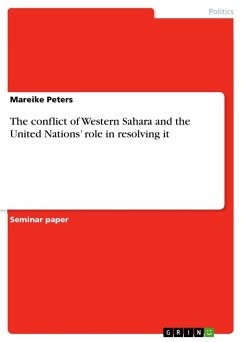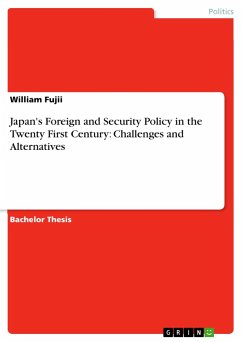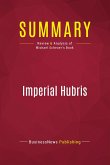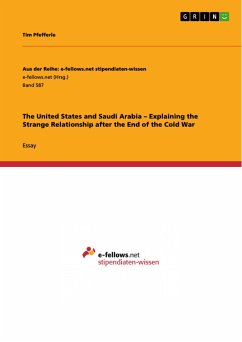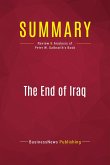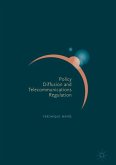Research Paper (postgraduate) from the year 2012 in the subject Politics - International Politics - Region: Near East, Near Orient, grade: 12, University of Southern Denmark, course: Middle East Studies, language: English, abstract: The Sahara issue reminds us of one of the longest and stagnated conflicts in this period and according to some scholars and the United Nations, it is the "last big decolonization conflict in the world". Despite having been labelled, many times, as the "forgotten conflict" the truth is that the Sahara conflict has an international importance higher than some authors have afforded it. Despite being an escalated conflict, the numbers of the affected are comparably diminutive in comparison to larger, more publicised conflicts. It has significantly affected between 100.000 and 300.000 people, the RASD (Democratic Saharawi Arab Republic) account with the recognition of non-negligible number of 82 countries in the world, principally in Africa and South America, the recognition of the OUA as a member state, and a remarkable and burgeoning influence in the European and American public opinion, especially the Spanish, which 47 pro Saharawi associations in its territory, and a remarkable coverage in the Spanish media. Moreover, the United Nations has, since 1991, been systematically developing and offering an inefficient, albeit costly programme; the MINURSO, which stresses the organization of a referendum of self-determination in the Sahara region. This minimal "show" of international interest contrasts with the "indifference" that this issue expresses in the Arab world. Furthermore; as Randa Farah (2007, p. 2) points out "they situate their political and cultural identities in the context of the Arab world. Sahrawi's are an Arab and Muslim people" , the Sahara population see " that most Arab countries know little of their struggle and most Arab governments have sided with Morocco, while African states including South Africa and Kenya have recognized SADR as their legitimate state".
Hinweis: Dieser Artikel kann nur an eine deutsche Lieferadresse ausgeliefert werden.
Hinweis: Dieser Artikel kann nur an eine deutsche Lieferadresse ausgeliefert werden.

